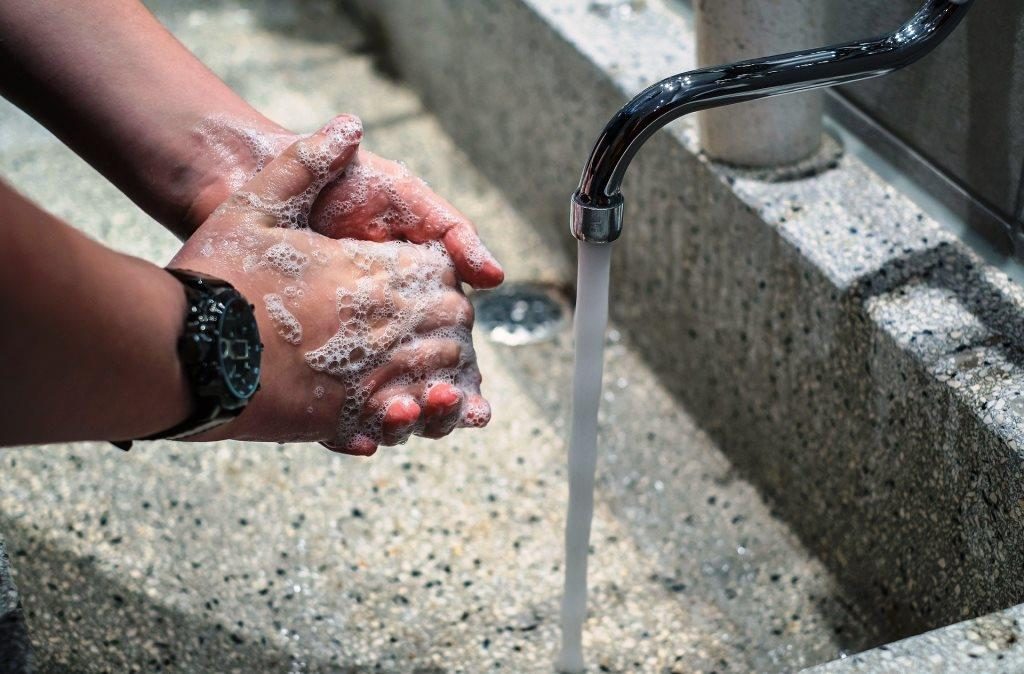
The Dos and Don’ts In Safeguarding Against Coronavirus
This article was republished from WebMD.com
Sharing some tips to help protect yourself from the Coronavirus.
Dos and Don’ts for Everyone
DO – Wash your hands for at least 20 seconds, several times a day. Use soap and water or a hand sanitizer with at least 60% alcohol:
- Before cooking or eating
- After using the bathroom
- After blowing your nose, coughing, or sneezing
DON’T – Touch your eyes, nose, and mouth. If you have somehow come into contact with the virus, touching your face can help it enter your body.
DO – Learn the symptoms, which are similar to flu:
- Fever
- Cough
- Shortness of breath
Most cases do not start with a runny nose.
DON’T – Wear a mask unless you’re sick. Masks help protect others from catching the virus, but wearing one when you’re healthy won’t do much. Demand has been so high worldwide that shortages have begun. Leave the masks for people who really need them, like the sick or health care professionals.
DO – Consider taking extra precautions and staying out of public places if you’re over 60 years old, or have a condition, as you have a higher risk of developing the disease. Note that as of now, the highest-risk groups appear to be seniors and people with preexisting conditions like heart disease, chronic respiratory diseases, and diabetes.
DON’T – Travel if you have a fever. If you get sick on flight, tell crew immediately. When you get home, contact a health professional.
DO – Reconsider travel to affected countries, especially if you have underlying conditions. For people in a higher-risk group — seniors and people with preexisting conditions — the agency suggests postponing nonessential travel. It also suggests everyone avoid cruises. Find the latest advisories here.
DON’T – Panic. At this point, public health officials still say the risk of becoming infected with COVID-19 is low. Taking proper precautions — wash your hands! — and making preparations are the best things you can do.
Dos and Don’ts When You Don’t Feel Well
DO – Seek help early if you have a fever, cough, and a hard time breathing. But don’t just drop into the nearest urgent care clinic. Call your doctor to find out the protocol first, to make sure you won’t spread the disease to others.
DON’T – Go out except to see your doctor, after calling first. And if you do have to go out, avoid public transportation, taxis, and ride-sharing.

